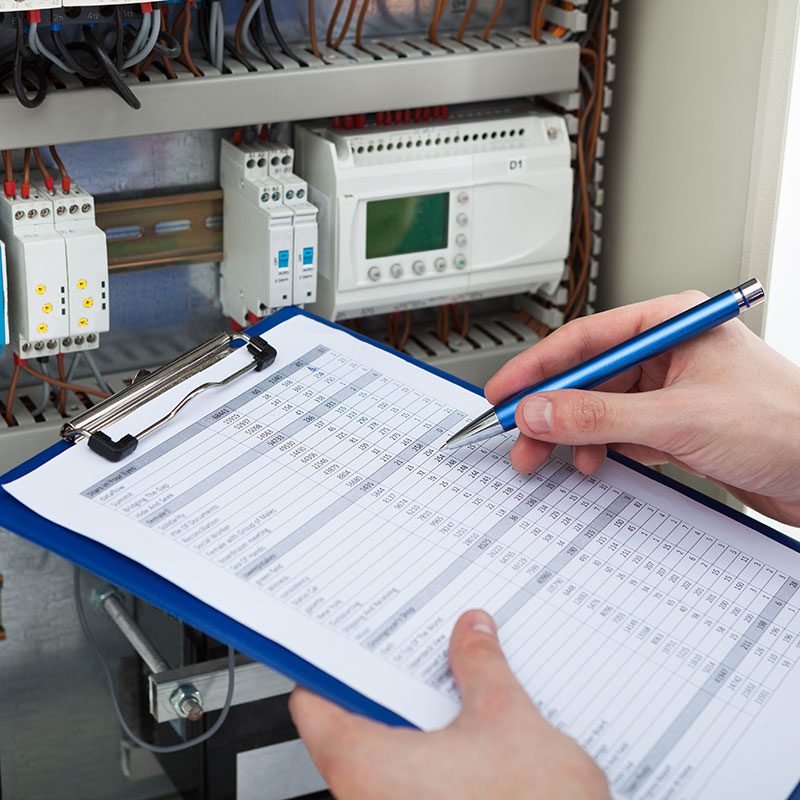Course overview
The EV Installer course offered by Skills Training Group in Glasgow provides a comprehensive blend of theoretical and practical training focused on electric vehicle (EV) charging points. This course is designed to cover key areas including:
- Installation: Participants receive hands-on experience in the installation of EV charging points, ensuring they understand the procedures and techniques involved in setting up these systems effectively.
- Fault Finding: The course teaches methods for identifying and resolving issues with EV charging points, a critical skill for maintaining functionality and safety.
- Inspection and Testing: Training includes thorough instruction on how to inspect and test EV charging points to ensure they meet required standards and operate efficiently.
This course is ideal for professionals looking to expand their skills in the rapidly growing field of electric vehicle infrastructure. With the increasing adoption of EVs, proficiency in installing and maintaining EV charging stations is becoming an essential skill set in the automotive and energy sectors.
Why EV?
The EV sector is an incredibly exciting new industry that is suitable for experienced electricians who are looking to expand on their current range of services and generate additional revenue or specialise in EV charging installations. With Government targets to reduce emissions and tax benefits for driving electric vehicles, more people are becoming encouraged to purchase electric vehicles.
Entry Requirements
Applicants should have experience installing electrical installations in domestic and/or non-domestic premises, as well as the following qualifications:
- Level 3 Certification in Electrical Installation Initial Verification and Certification
- Level 3 Award in BS7671 Electrical Installation Requirements (current edition)
Modules breakdown
To proficiently install electric vehicle (EV) charging equipment, one must adhere to specific requirements and possess a range of competencies. Here’s a breakdown of these requirements:
- Understanding of EV Charging Equipment: Knowledge of various types of EV charging equipment is crucial. This includes understanding the differences between the four main charging modes and Wireless Power Transfer (WPT) types. Each mode and type has its unique characteristics and applications.
- Preparation for Design and Installation: Before installing EV charging equipment, thorough preparation is necessary. This involves understanding the design aspects and the specific requirements of the installation site, whether it’s a domestic, commercial, or industrial location.
- Installation Skills: Installers must be skilled in setting up EV charging equipment in various settings. This includes addressing the unique challenges and requirements of domestic, commercial, and industrial installations.
- Initial Verification and Handover: After installation, it’s important to perform an initial verification to ensure the equipment is installed correctly and meets all safety and operational standards. The process also involves a handover to the client, where the installer demonstrates the functionality and provides essential information about the equipment.
- Inspection and Testing Competence: Being able to conduct thorough inspection and testing of the EV charging equipment is essential. This ensures the equipment is safe, functional, and compliant with relevant standards.
- Completion and Client Handover: Finally, the installer must be capable of efficiently completing the project and handing over the fully functional installation to the client, along with all necessary documentation and guidance for use.
Meeting these requirements is essential for ensuring the safe, efficient, and reliable installation of EV charging equipment, catering to the growing demand for EV infrastructure.







